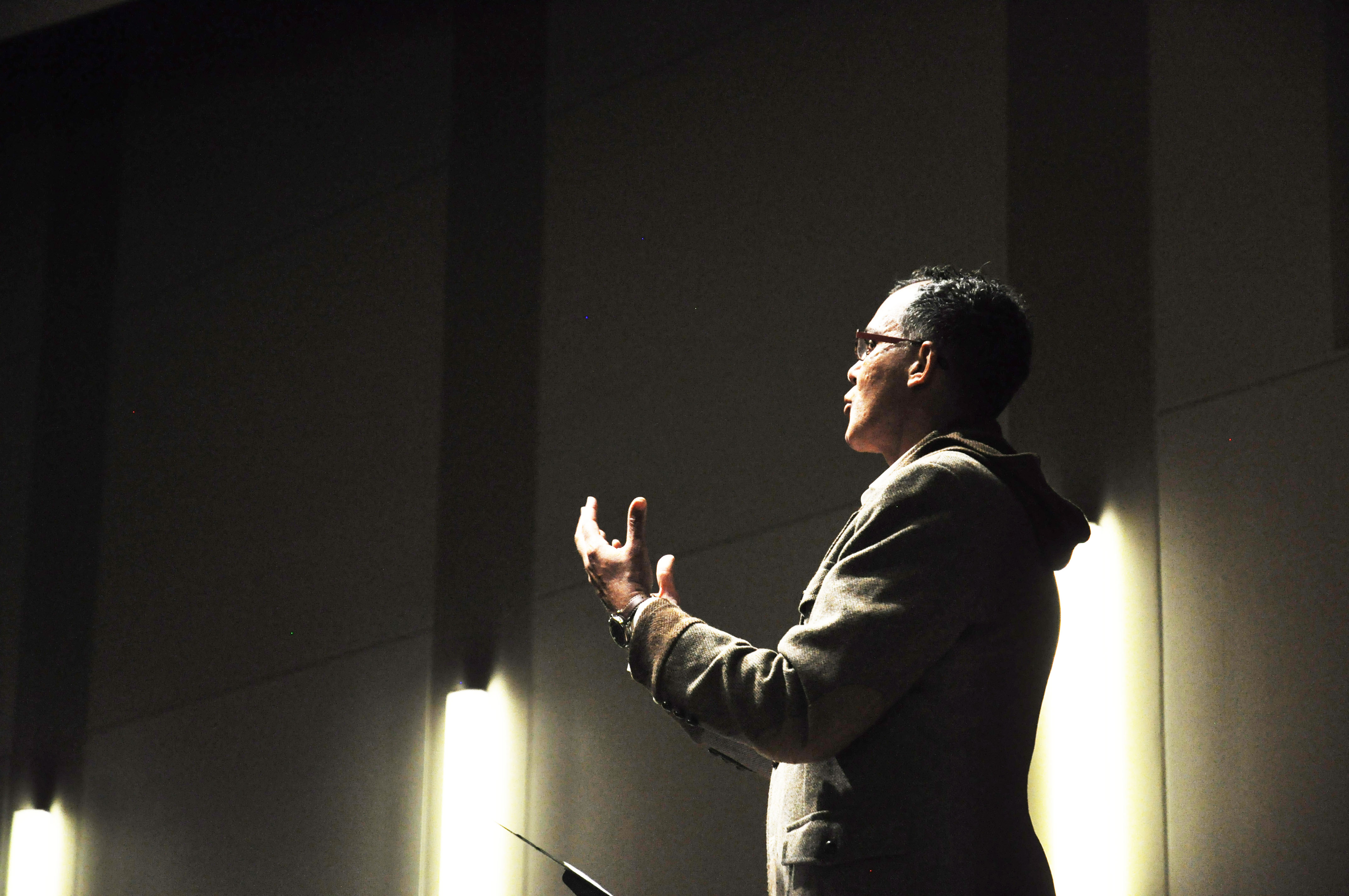
Locking Up Our Own enriches our understanding of why our society became so punitive and offers important lessons to anyone concerned about the future of race and the criminal justice system in this country.


Whether in regards to the impossible choices once made by African American political elites, or in reference to the very victims of mass incarceration themselves, Forman employs his experience both as a public defender and a legal scholar in order to present a new portrait of the law, race, and crime in the contemporary United States. With a particular focus on Washington D.C., Forman empathetically describes the quagmire in which African Americans found, and continue to find themselves, when dealing with an imposing criminal justice system.

Interweaving issues of socio-economics and class into his discussion of race, Forman argues that members of the African American political elite, as well as many black police officers and administrators, were decidedly in favor of the policing tactics that contributed to the imposition of mass incarceration upon communities of color. Forman wonders - how is it that the number of black elected officials has increased dramatically since the Civil Rights Era, alongside an almost equal increase in black incarceration? By exploring the decisions that many black mayors, judges, and police chiefs made – ostensibly in the hopes of stabilizing what they saw as struggling African American communities – Forman shows that these leaders had a significant, albeit unintended, role to play in the creation of the current state of the criminal justice system. In Locking Up Our Own, published by Farrar, Straus and Giroux, Forman brings to the forefront a new, far-less-discussed perspective. In a world where the United States has a higher prison population than any other nation, and when communities of color are disproportionately affected by this rate of incarceration and its associated police violence, the question often emerges - what can be done? The ongoing debates surrounding the American criminal justice system – particularly in regard to issues of race – are numerous, inspired, and often impassioned. ’92 explores the complex relationship between race, class, and the American criminal justice system in a new and original light. In his new book, Locking Up Our Own: Crime and Punishment in Black America, Professor James Forman Jr.


 0 kommentar(er)
0 kommentar(er)
